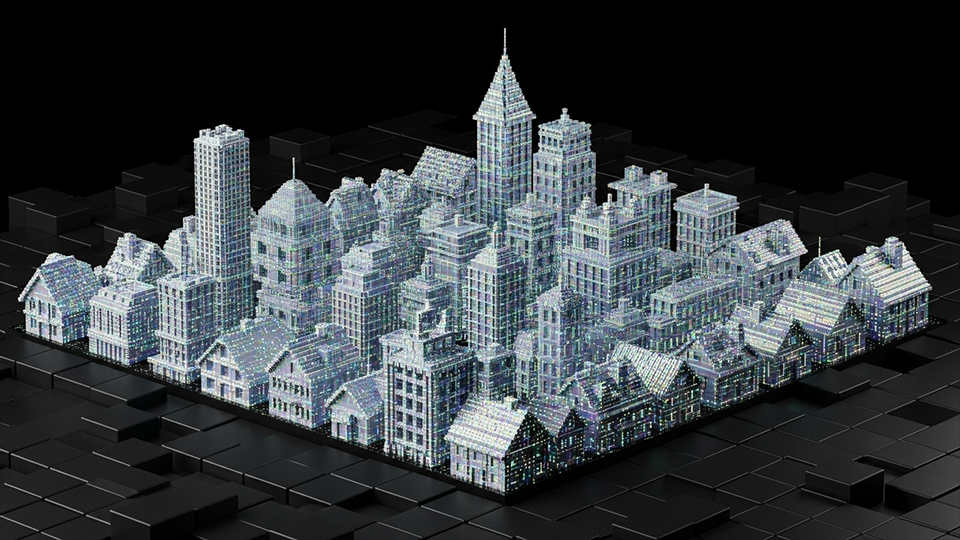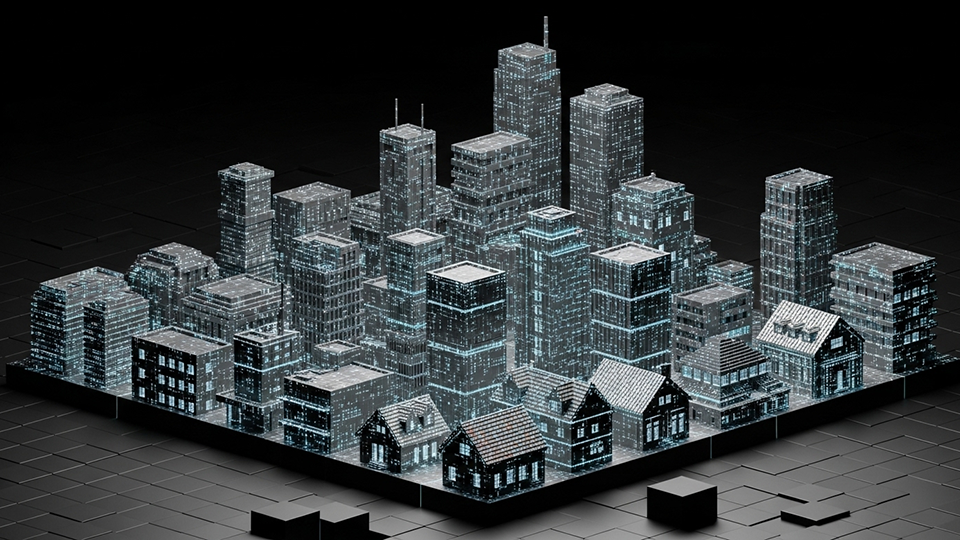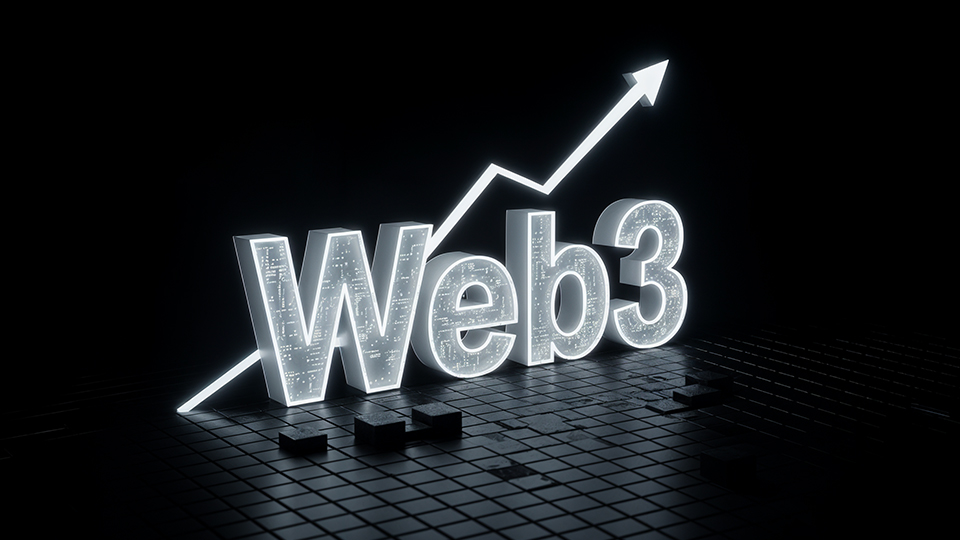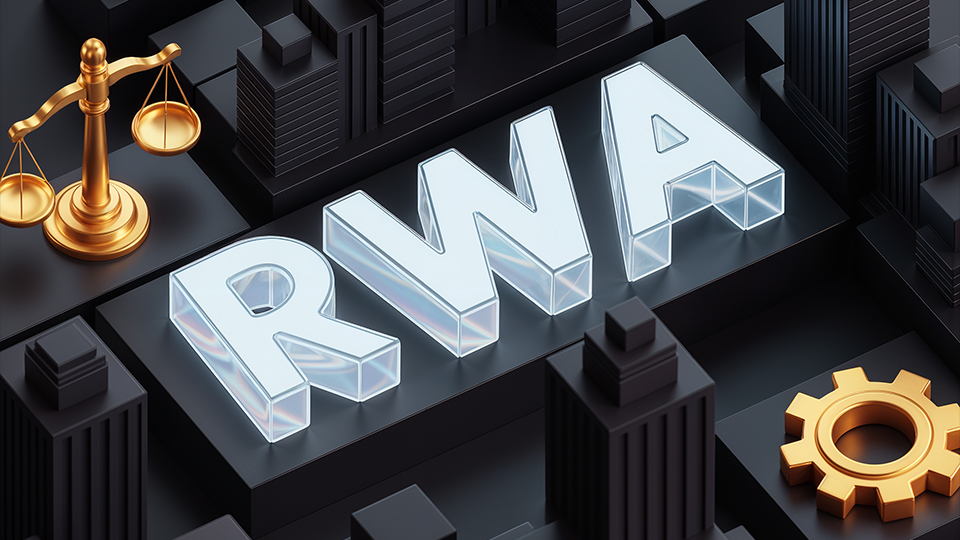Why Real Estate Tokenization Is Closer Than You Think
Real estate tokenization is no longer just a buzzword tossed around by blockchain enthusiasts, it’s a concept steadily moving into mainstream conversation and practice. For decades, property has been seen as one of the safest and most desirable investment classes, but it has always come with barriers: high upfront costs, limited liquidity, and restricted access to global buyers. Tokenization promises to change that. And if you’ve been waiting for signs of real-world adoption, the momentum is already building.
Breaking Down the Concept
At its simplest, tokenization means converting the ownership rights of a physical asset, like an apartment, office building, or plot of land, into digital tokens on a blockchain. Each token represents a fraction of ownership, much like owning a slice of company stock. Instead of needing hundreds of thousands of dollars to buy a property outright, investors could put in a much smaller sum and still hold a legally recognized share.
This approach has the potential to democratize property investment. Suddenly, someone in Singapore could buy into a rental property in Detroit, or a student in Madrid could diversify into fractional ownership of a commercial building in London. By lowering the barrier to entry, tokenization doesn’t just create opportunity for small investors, it expands the global market for property owners and developers as well.
Platforms Making It Real
The theory is compelling, but what’s happening on the ground? Several platforms are already showing how tokenization works in practice:
• RealT: Based in the United States, RealT allows investors around the world to purchase tokens tied to U.S. rental properties. Holders of these tokens receive proportional rental income, distributed in stablecoins. The process is streamlined and transparent, making it a leading example of fractional real estate ownership in action.
• Landshare: This project blends DeFi concepts with property ownership. Investors can purchase tokenized real estate while also participating in yield-generating activities common in decentralized finance. Landshare demonstrates how traditional assets can be integrated with the new digital economy.
• Brickken: Rather than focusing solely on real estate, Brickken provides a toolkit for companies and asset owners to tokenize almost any real-world asset. For property developers or landlords, this means the ability to issue tokens directly to investors, manage compliance, and track ownership seamlessly.
Each of these platforms tackles tokenization slightly differently, but all highlight that the infrastructure already exists. The conversation is no longer “if” this will happen, but “how fast.”
The Regulatory Maze
The biggest barrier to adoption isn’t technical, it’s legal. Real estate is tightly regulated, and property laws vary widely between countries and even within regions. Securities law, taxation, anti-money laundering rules, and property registration systems all need to adapt to tokenization.
Take the U.S. as an example: RealT operates under strict compliance measures, ensuring its tokens are treated as securities and distributed only to qualified investors where required. But those same tokens can’t simply be mirrored in the European Union or Asia without navigating a completely different set of laws.
This is why progress may feel slower than the tech hype cycle suggests. Regulators want to ensure investor protection and market stability before allowing widespread adoption. Yet the fact that these conversations are happening at high levels is significant; governments and legal systems are beginning to take tokenization seriously.
Why This Matters More Than Ever
The appeal of tokenized property goes beyond making real estate cheaper or faster to invest in. It addresses structural challenges in the global property market:
- Liquidity: Selling a property is often a months-long process. Tokenization could allow investors to sell their shares on a secondary market in minutes.
- Accessibility: Middle-class investors who could never dream of owning international property might gain exposure to global markets.
- Transparency: Blockchain records are immutable and publicly verifiable, reducing fraud and improving trust.
- Efficiency: Smart contracts can automate dividends, governance, and even certain legal processes, cutting costs and administrative burden.
In short, tokenization brings real estate into the digital age in a way that feels inevitable once you see the benefits lined up.
Expanding Possibilities
As tokenization experiments continue, more developers, investors, and asset owners are exploring ways to integrate blockchain into property markets. Beyond rental income, new opportunities are emerging:
- Commercial Real Estate: Office buildings and co-working spaces are being fractionalized, allowing smaller investors to tap into previously exclusive markets.
- Luxury Properties: High-end apartments and vacation homes are being tokenized to attract global buyers who want partial ownership without committing to the full purchase price.
- Emerging Markets: In countries where property markets are less liquid, tokenization offers a way for investors to access opportunities that were previously out of reach.
- Cross-Border Investment: Blockchain makes it easier to verify ownership, track transactions, and manage payouts across countries, creating a truly global market.
Platforms like RealT, Landshare, and Brickken continue to test and refine these models, showing that the concept is not only feasible but already producing results. As legal frameworks catch up, tokenized real estate could become an everyday option for both individual investors and institutional players alike.




